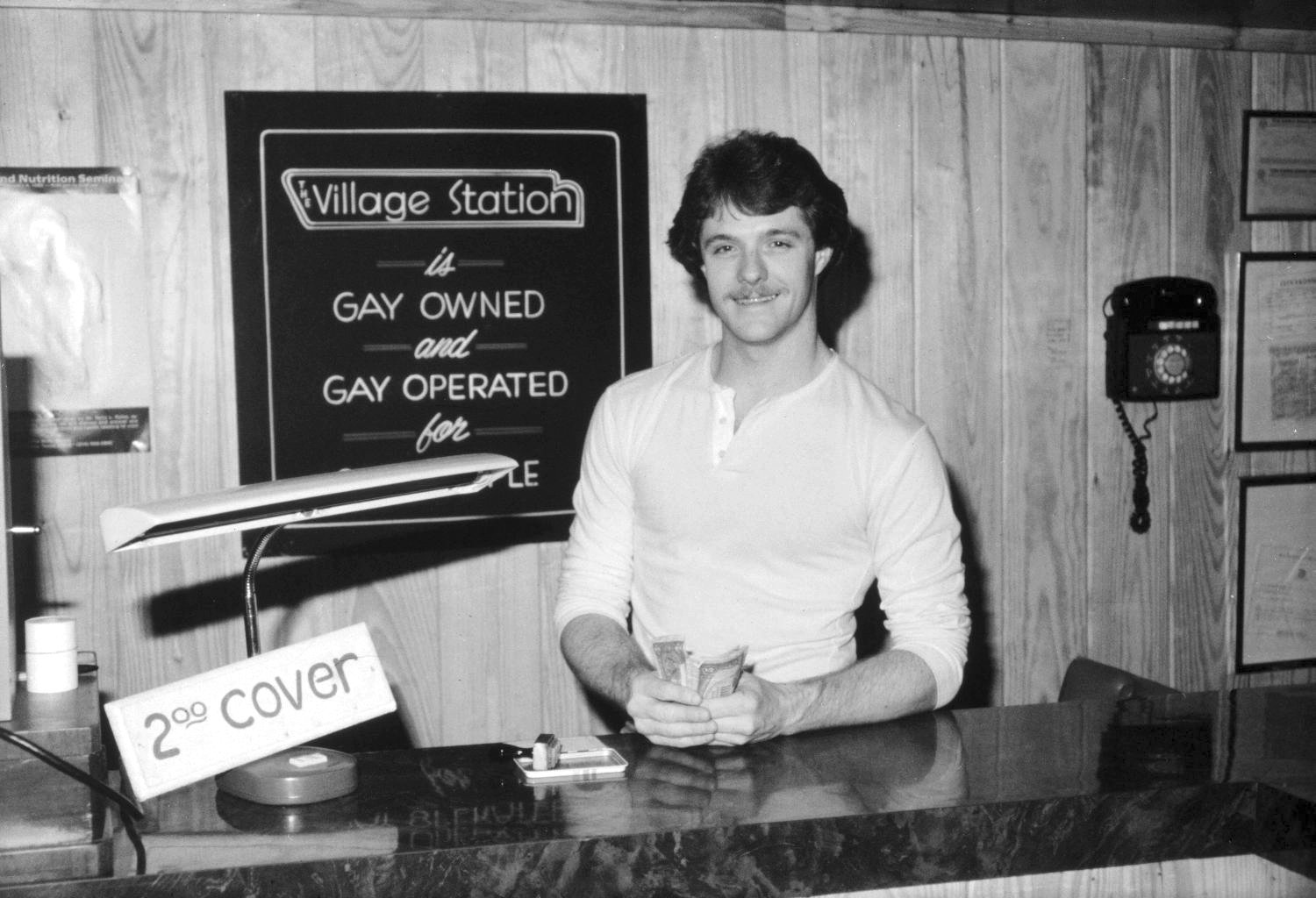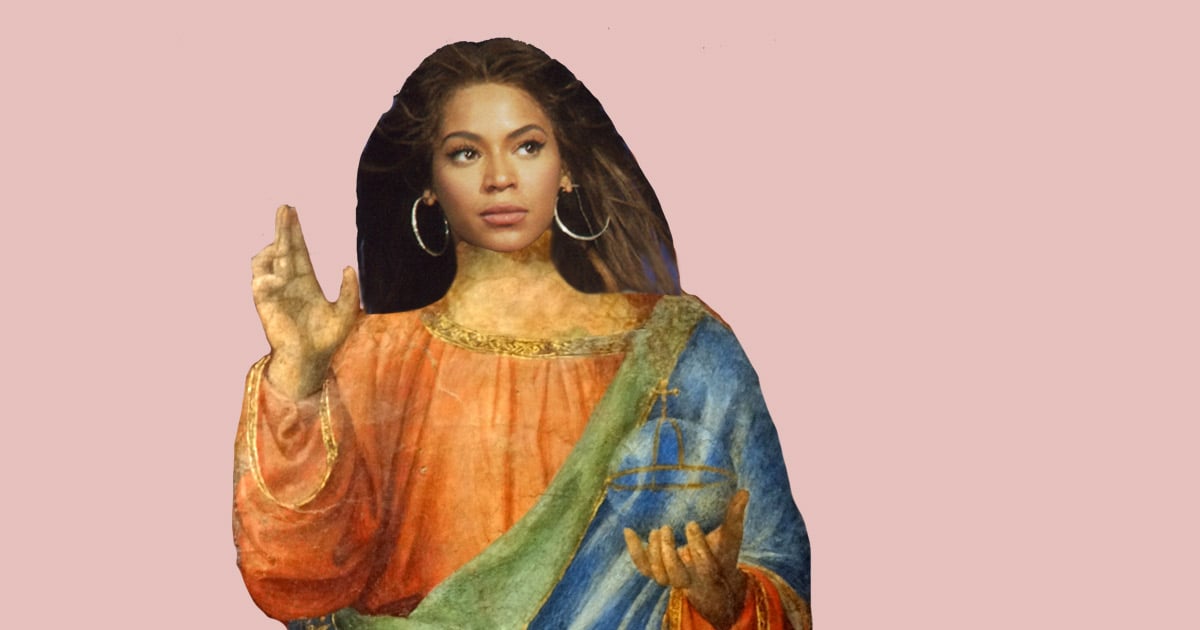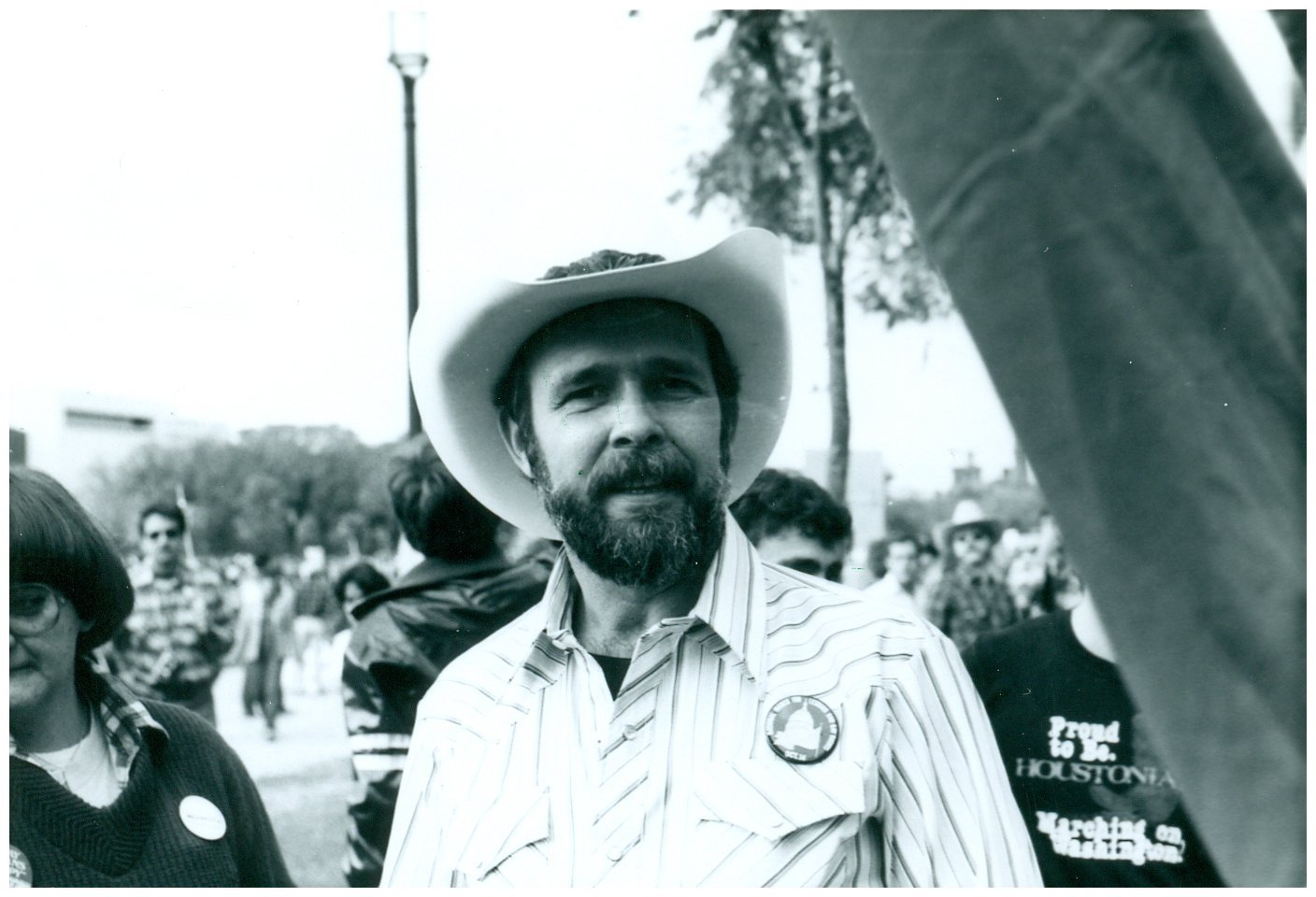
What I Learned from Ray Hill, Houston’s Citizen Provocateur
On Saturday, Uncle Ray, as he was known to many, died in hospice at age 78. His legacy of unrepentant rabble-rousing made Texas a more welcome place for the underdog.

The story goes that Texas singer-songwriter Gerald Bates was driving in Houston one night and tuned his radio to KPFT, a listener-sponsored community station, where he heard people relaying messages over the airwaves to loved ones behind bars. He was so touched that he pulled over and penned a song called “The Prison Show with Ray.”
“I’m calling from New Caney to say hi to my brother Bill,” Bates croons in the opening lines. “He’s doing three to five, but we all love him still.”
As a trouble-prone teenager scouring the radio, I too connected with the “The Prison Show.” I deeply appreciated how host Ray Hill refused to judge his audience, and instead used the first half of the two-hour show to hold prison officials and politicians accountable for abuse and corruption.
Like Bates, I was moved to write, too, though it took a few more years. When I became KPFT news director in the mid-2000s, Ray was my mentor while I covered the beat he called “cops and courts and prisons and jails.” On Saturday, Uncle Ray, as he was known to many, died in hospice at age 78. His legacy of unrepentant rabble-rousing made Texas a more welcome place for the underdog.
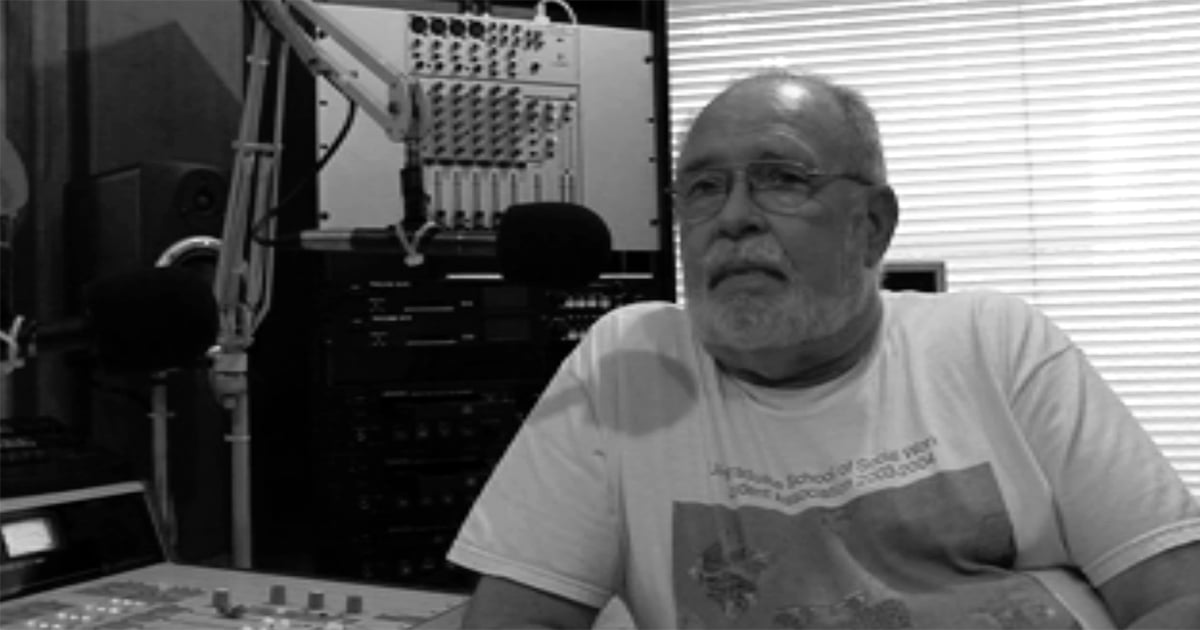
“I’m one of many people who agreed with him about his important causes now,” noted Houston Mayor Sylvester Turner. “But such positions are relatively easy to take and express now that Ray has blazed the trail.”
Ray helped start KPFT in 1968, with former Texas Observer associate editor Larry Lee and a couple others. In his history of Pacifica radio, Matthew Lesar describes how Ray and company applied to launch the peace-driven network’s only station south of the Mason-Dixon line after hearing a rumor that the Observer might stop publishing. Ray recalled in an interview with the Houston Oral History Project that “we needed some liberal progressive media.”
In 1971, Ray took a break to serve four years in Texas prisons for felony burglary and larceny, and Lee became KPFT’s first general manager. During Lee’s tenure, the Klu Klux Klan bombed the station’s transmitter and knocked it off the air not once, but twice. In prison, Ray hung out in the law library and successfully fought to knock his 160-year sentence down to 20, getting out early in 1975 with good behavior. Upon release, he stayed focused on liberation.
A self-described “loudmouth queer,” Ray came out to his mother as a teenager in Houston’s working-class Galena Park neighborhood. She reportedly responded with relief.
“I noticed that you tended to dress up more frequently,” she told him. “We were afraid you might grow up to be a Republican and embarrass the family.”
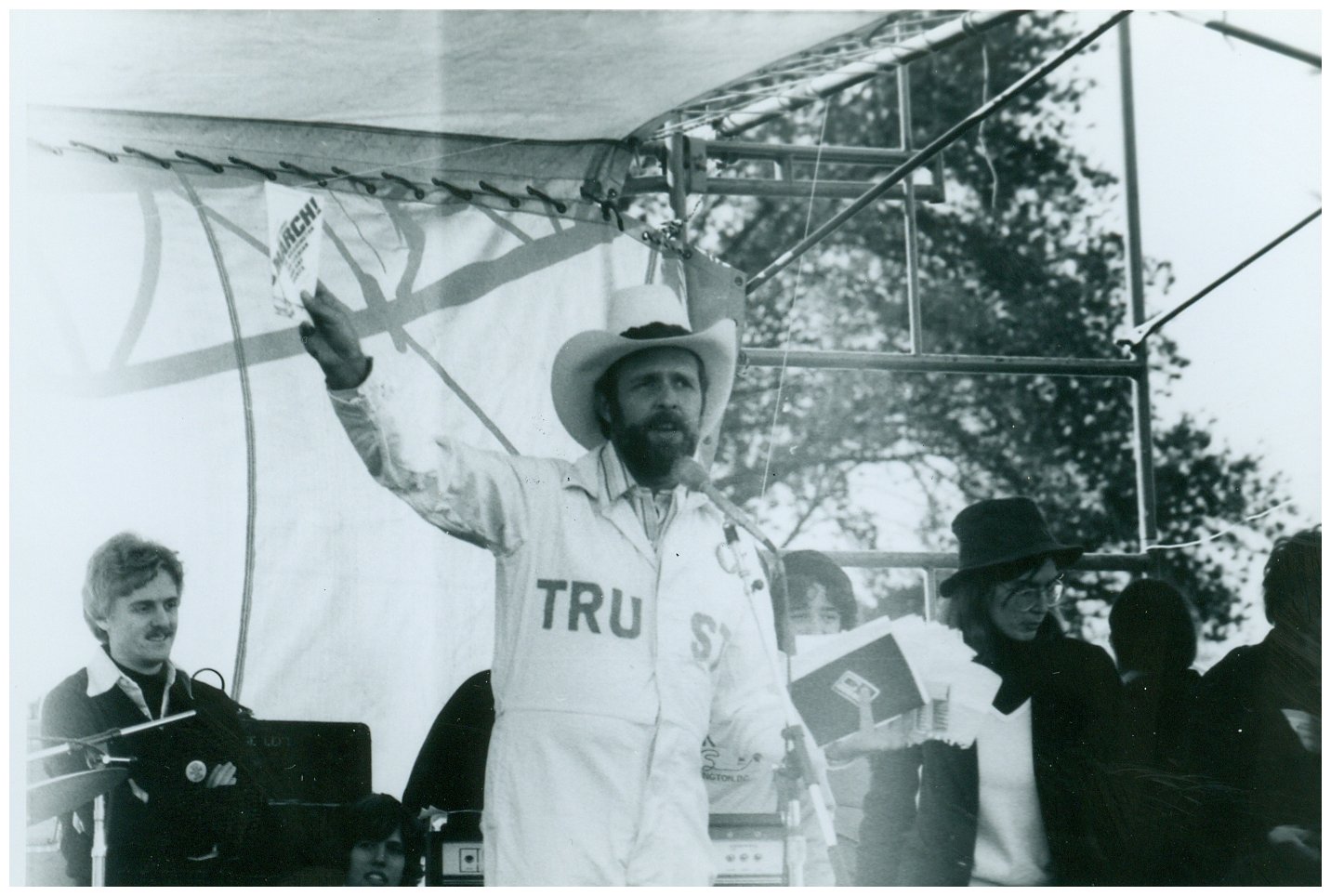
In the late ’70s, Ray helped establish the Houston Gay and Lesbian Political Caucus, led the first Gay and Lesbian March on Washington after Harvey Milk was assassinated, and hosted “Wilde ‘n’ Stein” on KPFT, a weekly forum for the city’s LGBTQ community, one of the first such shows in the country. In 1980, he became KPFT’s general manager after challenging the Federal Communications Commission’s requirement that anyone in charge of broadcast facilities be of “good moral character.” That same year, he founded “The Prison Show,” which he hosted for more than two decades.
I got to work with Ray after I was arrested in 2000 for protesting an execution in Huntsville, and sentenced to community service for trespassing. I asked the judge to let me volunteer at KPFT. I knew the staff there would understand me. They did. I used the opportunity to start a news department, shifting from activist to muckraking journalist, and secured press credentials that allowed me to return to death row to record interviews with condemned men and women. Sometimes Ray would play an excerpt.
His description of the Texas prison system as “the biggest industry that eats up your tax dollars” prompted me to follow the money, digging into prison contracts and examining convict labor conditions. I later helped expose the immigrant detention industry, which got its start in a repurposed Houston motel. I draw ongoing inspiration from how Ray encouraged public empathy in a state dominated by the punishment paradigm. His music break on “The Prison Show” was Joan Baez’s version of a classic Phil Ochs tune with the opening verse:
Show me the prison, show me the jail
Show me the prisoner whose life has gone stale
And I’ll show you the young man with so many reasons why
There but for fortune, go you or I
While Ray lived up to his “loudmouth” reputation, he did so on behalf of you and me. In what he called his proudest achievement, he successfully challenged his arrest for interrupting police officers performing their duties, after he yelled at them to stop beating a man in his front yard. In Houston v. Hill, a case he took all the way to the U.S. Supreme Court and won 8-1, his arrest was ruled unconstitutional. In their 1987 opinion, the justices called him a “citizen provocateur,” which he adapted as his new moniker.
“That is still good law,” he said in a documentary about his life. “And when I have been dead for 500 years, they’ll still print that case. If this republic survives.”
Perhaps to underscore one last time how he fought the law, and won, Ray’s funeral will be held this Sunday on the steps of City Hall. Two of the pallbearers will be formerly incarcerated, and the service will include remarks from his friend and Houston’s first lesbian mayor, Annise Parker. Fittingly, the event will conclude with a public broadcast of sorts, an open mic session for one and for all.

